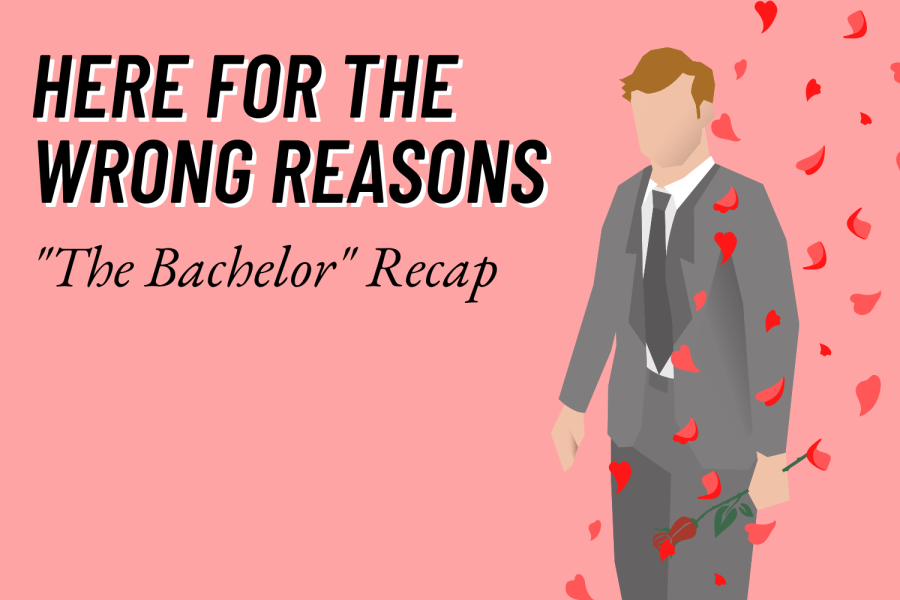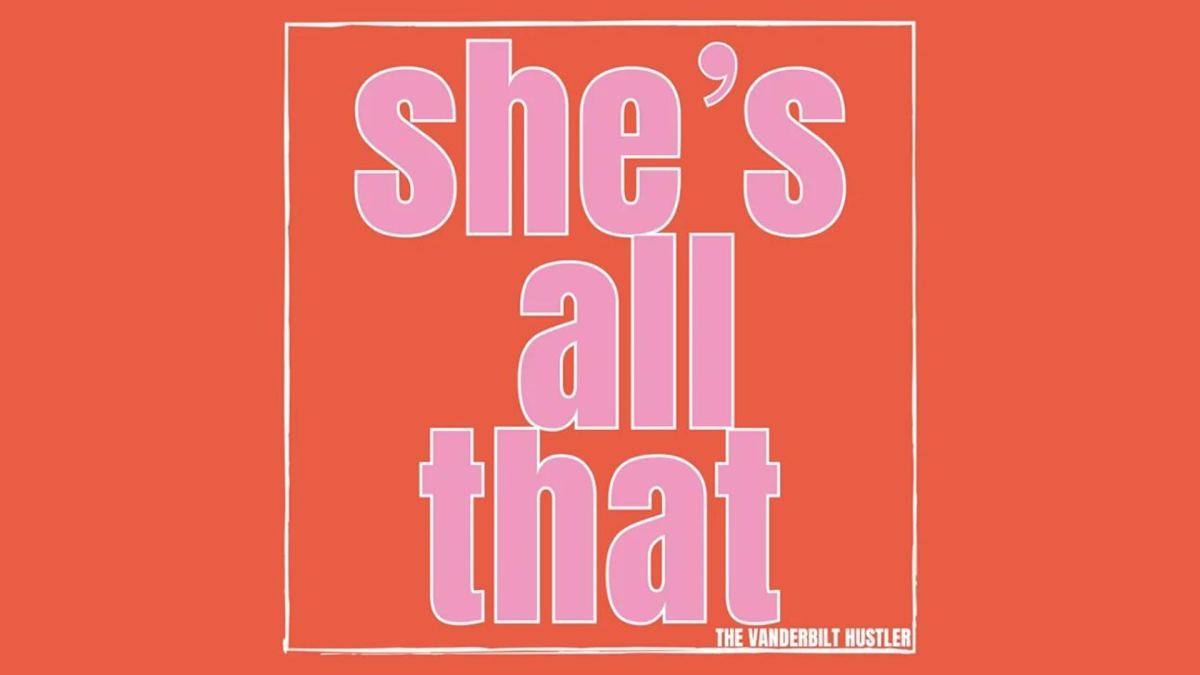In elementary school, Valentine’s Day is exciting. Between chocolates, heart-shaped candies and looking longingly at classroom crushes, it feels like a magical day. But sometime between elementary school and high school, we transition from giving Valentine’s Day cards to everyone to just one person. As you grow up, Valentine’s Day comes with the overwhelming pressure to find someone who loves you.
There is a stark dichotomy in how people spend their Valentine’s Days. We are told that it is supposed to be a time of love and joy, but, for many, it comes with the dread of spending another year alone, which is made even worse by the overwhelming pressure to be happy. Are our society’s expectations for relationships hurting us?
Despite the growth of hookup culture and polyamory in the past few years, many people who enter monogamous relationships are still motivated by the idea of finding “the one.” Many of us grow up believing that there is one person in the world who is our soulmate and that fate will bring us to them.
Many believe there is some innate way to know when they’ve found “the one,” whether it’s an incredible romantic connection, praise from family or friends, or that feeling of “butterflies” in your stomach. Movies and television exacerbate our unrealistic expectations, suggesting that the perfect match will simply reveal themself — like the boy next door in a Hallmark movie who appears at the protagonist’s door to proclaim his love.
Contrary to these representations, your own behavior — not luck — drives the success of both your relationship and overall life satisfaction. Knowing that you are in the driver’s seat of both your love life and your own self-esteem might make your Valentine’s Day that much more hopeful.
The idea of finding “the one” discourages individuals from taking a chance on dating people who aren’t their type, learning how to become a good partner or dedicating time to making a relationship work. We may hope “the one” will already be perfect when we meet them, but in reality, none of us will find ourselves in satisfying relationships if we don’t actively work to develop the skills to be a good partner. Honing these skills — such as giving constructive feedback and being vulnerable — are essential to happiness whether single or in a relationship.
Why your self-confidence and happiness is in your hands
Whether you feel pressured to find a relationship right now or feel like waiting before “settling down,” the idea of finding “the one” can lead you to believe that your person will just show up one day. You may feel at the mercy of fate, which may deal you your “happily ever after” or leave you desolate.
If you feel pressured to find “the one” early in life, it can be easy to believe that you are inherently unlucky for not finding your partner in the first class of freshman year. “It’s just not fair,” you might think, when you get ghosted by someone you’re talking to or go on a bad date. However, the idea of “the one” is a myth.
In his book “Get the Guy,” dating coach and writer Matthew Hussey explains that, in the dating world, people can fall into a “scarcity mindset” or an “abundance mindset.” Those with the scarcity mindset cling to the first person with whom they connect, believing they have found the one decent person in a dating pool of “trash.” The “scarcity mindset” might cause you to accept subpar treatment in a relationship instead of finding someone who is a better fit for you.
Many factors that cause us to believe the dating world is “scarce” are products of our own behavior. For instance, some of us may get overly attached to a person we are interested in or have uncompromising standards — especially related to physical appearance — that prevent us from meeting the many people who could be great for us. We have such a strong idea of “the one” that we are unable to see people who don’t immediately give us “butterflies” as viable partners, even if they have many other traits we are looking for. Meeting a wide variety of people not only helps you to find a relationship if you want one, but to build a fulfilling life to live while single — enabling you to find a like-minded friend group, try new hobbies, or enjoy restaurants and nightlife in Nashville.
Hussey further explains that being chronically single can be a result of internal issues: such as lacking a social community from which to date, being too burnt out to take care of yourself, or pushing away people out of fear of loss. These are struggles we each need to identify and improve on not only for our future relationship prospects, but our quality of life as a whole.
Viewing love as something that will be perfect as soon as we find “the one” can lead to settle rather than taking the driver’s seat in finding the partner with the amazing qualities that we deserve or stay in subpar relationships that we don’t work on improving.
Nothing makes the happy, seemingly stable couple down your hall inherently more loveable, lucky, or attractive than you. They are likely working on developing the communication skills and self-confidence essential to enjoying their relationship, and, if they aren’t, they will have to at some point. Single people need to do the same in order to enjoy their lives, and to eventually find a partner.
How to adopt a growth mindset for your love life and yourself
If you’re not in a relationship this Valentine’s Day, it probably has nothing to do with your luck or attractiveness. There’s no need to wallow in your dorm room thinking you’ll be forever alone or glare at the couples holding hands in Rand and making Valentine’s Day reservations.
For you singles this cuffing season, here are some ways you can either better enjoy your time alone or increase your chances of finding and keeping a relationship.
First, put yourself out there! Meet a lot of people, but maintain high standards for the type of person you’re looking for. This means not turning down dates or meet-ups with people who are not necessarily your type. Hussey explains in his book that attraction is a product of behavior far more than appearance, and the best relationships often don’t begin with that “butterfly” feeling but building a foundation of love and trust.
Further, understand that happiness in a relationship is often not dependent on who your partner is, but the confidence and positivity that you bring to your own life. A meta-study from Western University found that the greatest predictors of people’s happiness in a romantic relationship were their average levels of positive affect before their relationship, not any specific traits in their partner.
It’s time to stop moping around on Valentine’s Day and recognize that you are in the driver’s seat. There are an abundance of people out there for you to meet. If you want a relationship, look for them. If you don’t, work on becoming the person you want to live with forever.
Many of us fall into the trap of believing that being single means there is something inherently wrong with us. In reality, we are in complete control of our happiness, whether we are single or in a relationship. If you are single this Valentine’s Day, it is your chance to become the best partner for yourself. Create an interesting life for yourself that anyone would be lucky to be a part of. You don’t have to wait hopelessly for the love of your life to walk into Starbucks or your calculus class; your life is happening right now.











